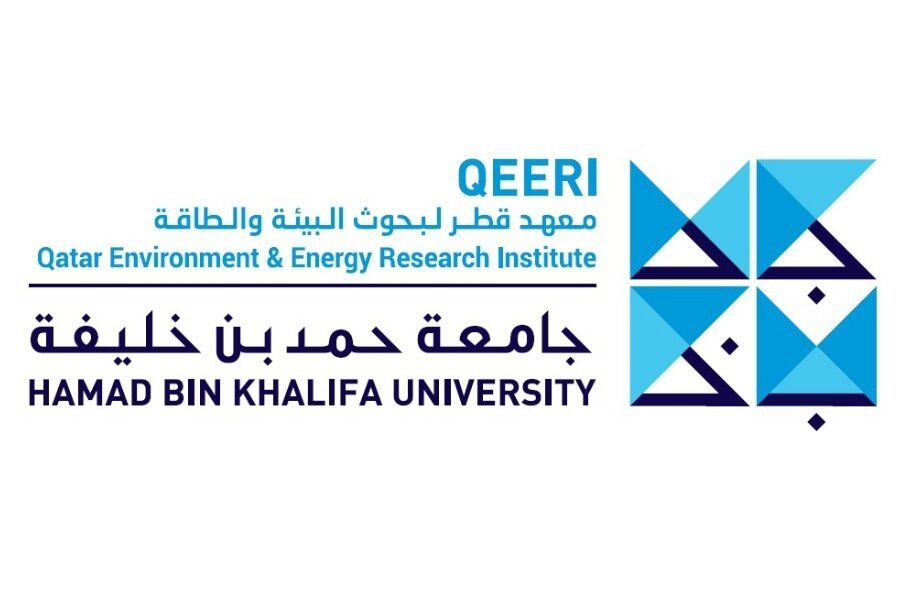
The Energy Center at the Qatar Environment and Energy Research Institute (QEERI), part of Hamad Bin Khalifa University (HBKU), continues to monitor environmental conditions such as solar radiation, temperature, and humidity, which may, in turn, help Qatar anticipate the transmission of COVID-19.
Scientists at QEERIs Energy Center have highlighted that it may be possible to assess the risk of contagion through solar resource and meteorological monitoring if exposure to the right combination of sunlight levels, temperatures, and absolute humidity could reduce the viability of the COVID-19 virus.
The Energy Center is preparing to support the country's governmental organizations in the fight against COVID-19 by providing a constant flow of updated data on the effect of these environmental factors on the novel virus.
Senior Research Director at the Energy Center Dr. Veronica Bermudez said that "as the coronavirus (COVID-19) pandemic continues to impact our world, there is a pressing need for situational awareness tools that help decision-makers and the public understand and avoid the risk of contagion. COVID-19 research is still in its initial stage, but there is some evidence that the combination of sunlight, a certain temperature, and degree of absolute humidity may influence the viability of the virus. Monitoring, mapping, and forecasting the solar resources and weather conditions may, therefore, help in anticipating and assessing the risks associated with COVID-19 and in adapting the associated measures."
Dr. Antonio Sanfilippo explained: "QEERI has recently started a study that uses machine learning methods applied to data from the ongoing pandemic to build computational models of COVID-19 transmission rates as a function of meteorological and solar radiation parameters plus epidemiological, socioeconomic and policy intervention factors. These models will enable the creation of dynamic maps on Geographic Information Systems (GIS) that visualize the risk of viral exposure across the nation and worldwide by monitoring the local weather conditions."
QEERIs Executive Director Dr. Marc Vermeersch reiterated that the institute would continue to support Qatar in its fight against COVID-19.
"Since the onset of the pandemic, we have realigned our research priorities, and our scientists, researchers, and engineers are committed to contributing to the fight against COVID-19, through research, development, and innovation. We are also collaborating with national and international stakeholders and contributing in whichever way we can," he said.
Researchers around the world are in the process of understanding the lifecycle of the virus, and the environmental conditions that may influence or interfere with its proliferation. Although there is no conclusive evidence regarding the impact of environmental factors, an increasing number of studies indicate that sunlight, heat, and humidity may have an impact on its activity and transmission.
The centres at QEERI, including the Energy Center, Water Center, Environment and Sustainability Center, Computational Materials and Processes Center, Corrosion Center, Natural and Environmental Hazards Observatory, and the Earth Sciences Program, are committed to supporting Qatar and its tackling of grand challenges relating to energy, water and the environment.
Source: QNA
Follow us on our social media channels:
![]() @ILQlive
@ILQlive
![]() @ILQlive
@ILQlive
![]() @ILoveQtr
@ILoveQtr
![]() ILoveQatar
ILoveQatar

You have successfully registered your account!
Please confirm your e-mail address by clicking on the URL sent to you.The e-mail usually arrives in 5-10 minutes.
How ajeeb was that!? Thanks for contributing to our community! Your post will appear after we take a quick look!